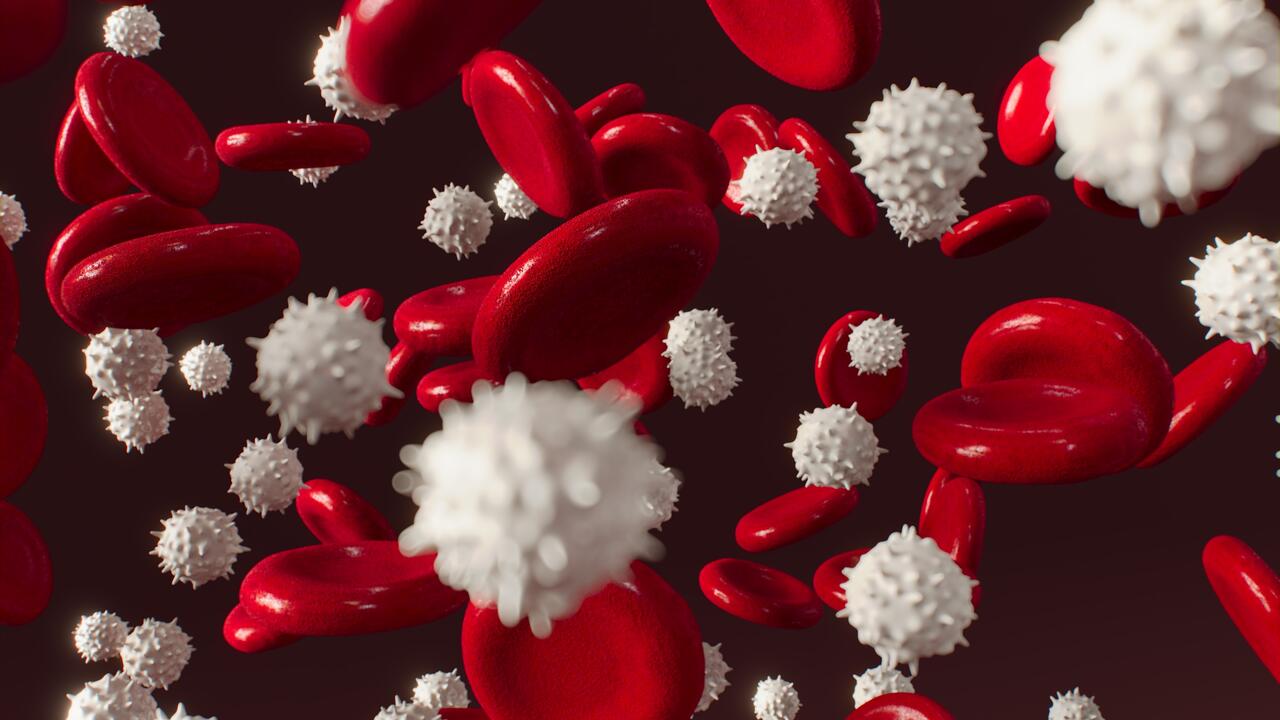
Q and A with the experts: World Hemophilia Day
Waterloo researcher helps develop database repository to assist hemophilia patients

Waterloo researcher helps develop database repository to assist hemophilia patients
By Media RelationsToday is World Hemophilia Day under the theme ‘Access for all: prevention of bleeds as the global standard of care’. Dr. Andrea Edginton, Hallman Director at the University of Waterloo School of Pharmacy, uses her research to help pharmacists, doctors and nurses manage treatment for hemophilia patients that has, in turn, helped these patients lead a better quality of life.
What is hemophilia?
Hemophilia is a rare genetic disorder, primarily affecting men, where a person’s blood does not clot correctly because they do not produce a specific clotting factor. This can lead to life-threatening internal bleeds and painful joint bleeds and, over time, significantly reduces mobility.
How prevalent is hemophilia, and how is it treated?
Worldwide, just over 1.1M people are estimated to be affected by hemophilia, with 418,000 having severe hemophilia. Preventive treatment includes the replacement of missing clotting factors through frequent injections to avert bleeds. However, only 25 per cent of hemophilia patients receive adequate treatment due to high medication costs over a person’s lifetime and lack of access, particularly in lower-income countries.
How has your research helped those with hemophilia?
Using advanced pharmacokinetic - how the body interacts with medication - modelling techniques, my research helps hemophilia treaters, and their patients, make optimal decisions about prophylactic clotting factor injections. With a team at McMaster University, we built and maintain the Web-Accessible Population Pharmacokinetic Service – Hemophilia (WAPPS-Hemo). This free web-based platform allows treaters to input patient information and clotting factor levels in their blood following an injection. The clotting factor levels are calculated over time to pinpoint when patients need another injection to reduce dose and injection amounts.
WAPPS-Hemo is the largest database repository in the world and is used in over 700 hemophilia treatment centres in over 50 countries. In addition, a patient-level app allows patients to self-manage their condition.
This series is produced for the media, and its purpose is to share the expertise of UWaterloo researchers. If you’d like to contact this researcher, please reach out to media relations.

Read more
New evidence-based classification rules expand access and improve fairness for Para Cross Country and Para Alpine skiers

Dr. Travis Craddock, professor and Canada Research Chair, says the team's findings change our basic knowledge of biology (University of Waterloo).
Read more
New study reveals quantum-level effects in biology with major implications for treatment of some brain diseases

Read more
The Government of Canada announces funding to support research in food policies and medical devices
The University of Waterloo acknowledges that much of our work takes place on the traditional territory of the Neutral, Anishinaabeg, and Haudenosaunee peoples. Our main campus is situated on the Haldimand Tract, the land granted to the Six Nations that includes six miles on each side of the Grand River. Our active work toward reconciliation takes place across our campuses through research, learning, teaching, and community building, and is co-ordinated within the Office of Indigenous Relations.